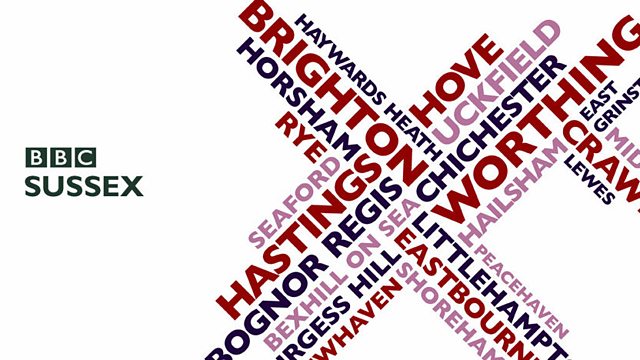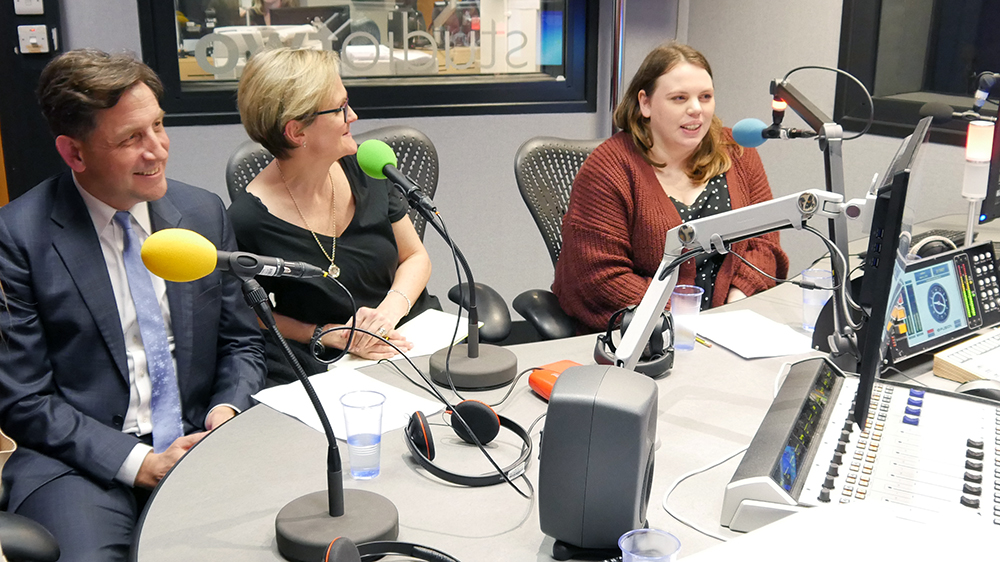We’re super excited to partner with BBC Sussex to launch our brand new radio show which will air on BBC Sussex in April and May. We are looking for parents, carers and teens to contribute their stories – which can be given anonymously.
The show is called Raising Teensand is a warm-hearted and honest round-table discussion about parenting teenagers and teen mental health. It aims to bring those involved in raising teens together to dispel myths and offer practical help and tips.
Each episode will cover a specific topic – from device addiction and exam stress, to self-harm and body image. Experts from schools, Child and Adolescent Mental Health Services (CAMHS), the NHS and Sussex Police, for example, will be invited to discuss the issues alongside parents and carers. Contributors will share their problems and find ways for families to understand each other better. The show will be punctuated with pre-recorded stories from teenagers telling their stories.
Our first show will be recorded on Tuesday 2 April and is about social media and devices. If you have a story about how your teen uses social media or their devices, we want to hear from you.
The show is a joint endeavour from BBC Sussex and Make (Good) Trouble. It will be presented by Guy Lloyd, who is a father of a teenager. It is a pre-recorded show and goes out every Thursday from 4 April at 8pm.
Other topics we will be covering include school stress, sleep, resilience, body image, relationships, the teenage brain, and language.
If you would like to be a part of Raising Teens, we would love to hear from you. Please contact us via our contact form.
👉 Listen to our pilot episode on family communication.




